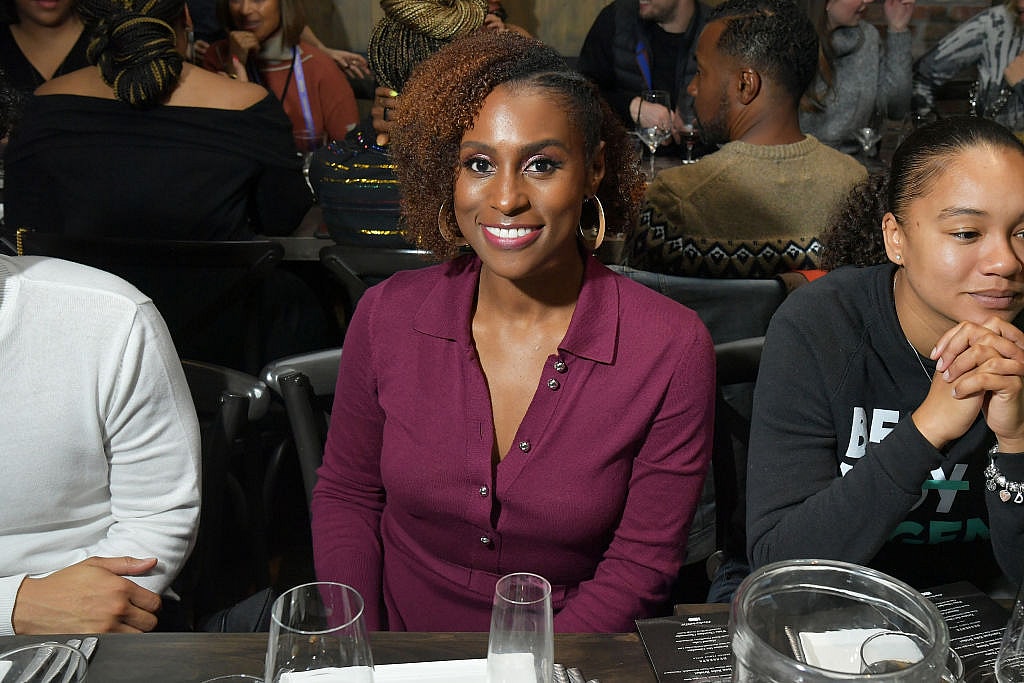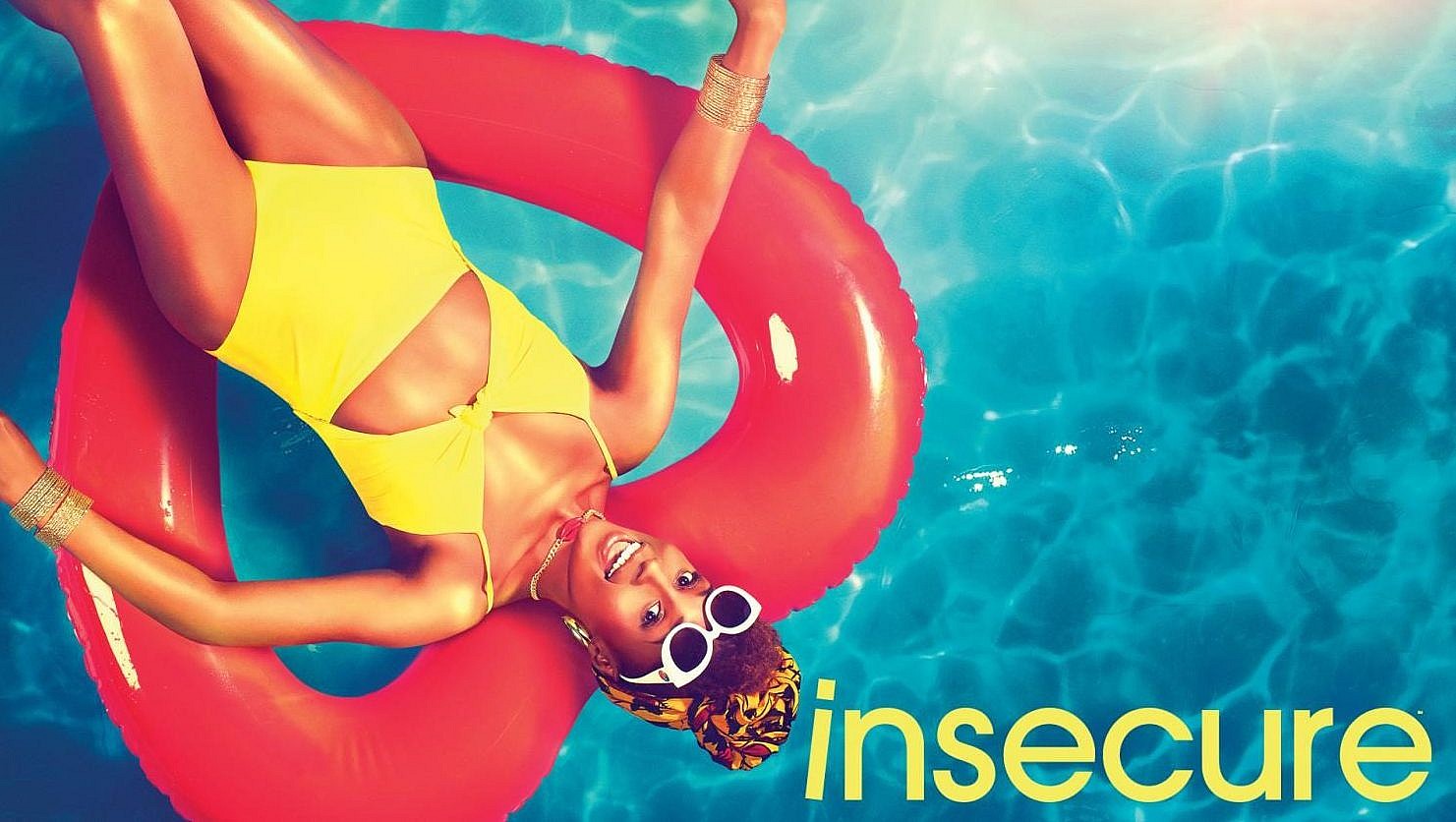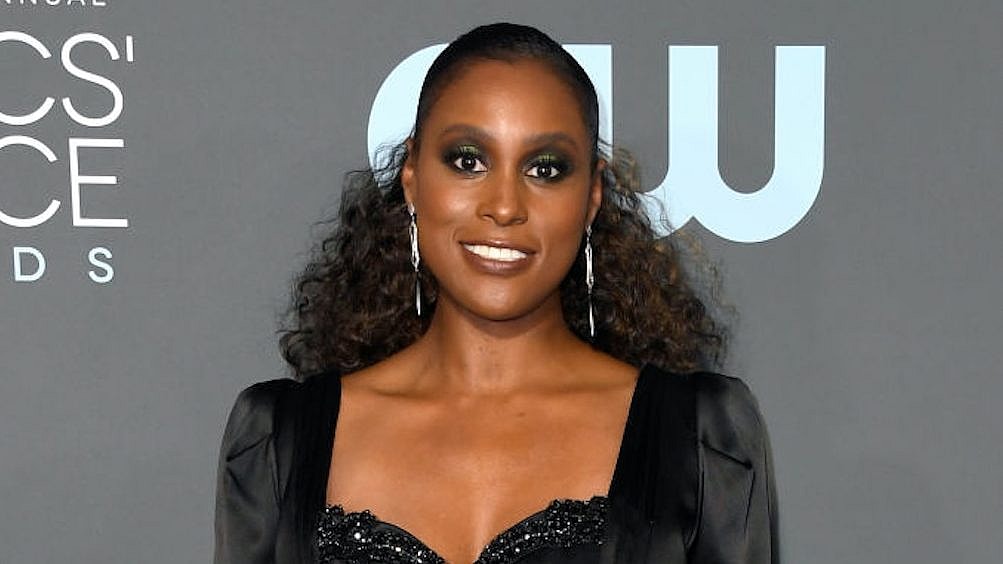[griojw id=”douLxcCI” playerid=””]
Now that Insecure has returned for a fourth season, fans get to enjoy a weekly dose of Issa Rae.
The actress whose latest film, The Lovebirds, is set to hit Netflix next month spoke about her rise to fame and the resulting hype around her super successful HBO series on Rebecca Carroll’s new podcast, Come Through.
READ MORE: Issa Rae will write, produce, and star in ‘Perfect Strangers’
“People are literally like, – Oh, do you feel a lot of pressure when you’re coming back? Because you took some time off? And you know, before it was like, no. I mean, I’m excited that people want to see it, and it’ll come and then it’ll go like it always does. And now it just feels like. So many eyes are on it. And the anticipation, I hate anticipation. I hate hype. I try to under hype as much as possible,” she said.

“I’m excited that people feel like it’ll be their escape. And you know, with some people who I’ve talked to who have seen the first five have said, you know, it feels like I am with my friends again, or I have my old friends back. And that makes me feel really good. That people identify with the characters in that way. So, I’m happy and scared.”
Rae has carved out her own lane in Hollywood by being authentic.
“I found my lane by just being true to myself. Like it’s always been driven by a passion for what I like, what I want to see. What I feel like I could bring to the table. And I don’t like to feel like I’m in a crowded space by any means,” she said.
“Cause then I’m just like, well, what’s the use for me? What can I contribute that a hundred other people aren’t? Again, that’s ironic for television because it is such a crowded space, but I think for me, it’s just about finding these niche stories, and very specific stories in anything that I do. Whether that’s podcasting or music or whatever. I think that I’m always asking myself the question, what can I do that’s different?”

READ MORE: FIRST LOOK: Issa Rae and Kumail Nanjiani get caught in a murder mystery in ‘The Lovebirds’
Even though Rae has staged starring roles in films like The Photograph, she’s still not totally convinced she’s a leading lady.
“To have arrived. I’m definitely not past the novelty of it. Because it just feels like – it still feels like I have a lot to prove…I do have a lot to prove. Especially in this starring role lane. Like, cause I’ve never considered myself an actress first. I’ve always considered myself a writer, a producer first,” she explained.
“If I’m going to keep taking these opportunities, I want to excel. And so in that way, it still feels novel, it still feels exciting and a little bit scary. And I, I joke that, and it’s not necessarily a joke, but I think about how I started. I started with a sense of confidence. Because it was just like, I’m creating this archetype, I’m creating these characters, and, producing for the internet and making something from scratch and forging a career for myself.”

“And now that I’m in it, there’s a sense of insecurity that comes with -Oh, well how long do I have here, and what more can I do that will be accepted? You know, what will be my legacy? I don’t want to be a flash in the pan moment. And you know, am I good enough to stay?”
Rae also admitted that even though she’s a bonafide star, the praise she gets from Black critics and outlets means the most.
“The cover on Essence means more, and it also looks better, to be honest. The cover on the Essence, I’ve always valued the love and support of us more than anything,” she said.
“Like to me, it almost hurts when you’re valued by others more than us, you know? And I think, I don’t want that, you know? And for me, the support, and appreciation, and love from a publication like Essence, and I think just black people in general. That’s a milestone for me. And that’s what keeps me going.”
Come Through with Rebecca Carroll launched on April 7 and the podcast is not to be missed.
As a Black woman who grew up as an adoptee in a white family in an overwhelmingly white state (NH), Carroll had to forge a Black identity within the intimate presence of white privilege. She has made it her life’s work to find and create a black community and forge a black identity for herself.
It wasn’t something she was given or shown; it’s something she’s built one friendship, one mentor, one conversation at a time.
Check it out here.

